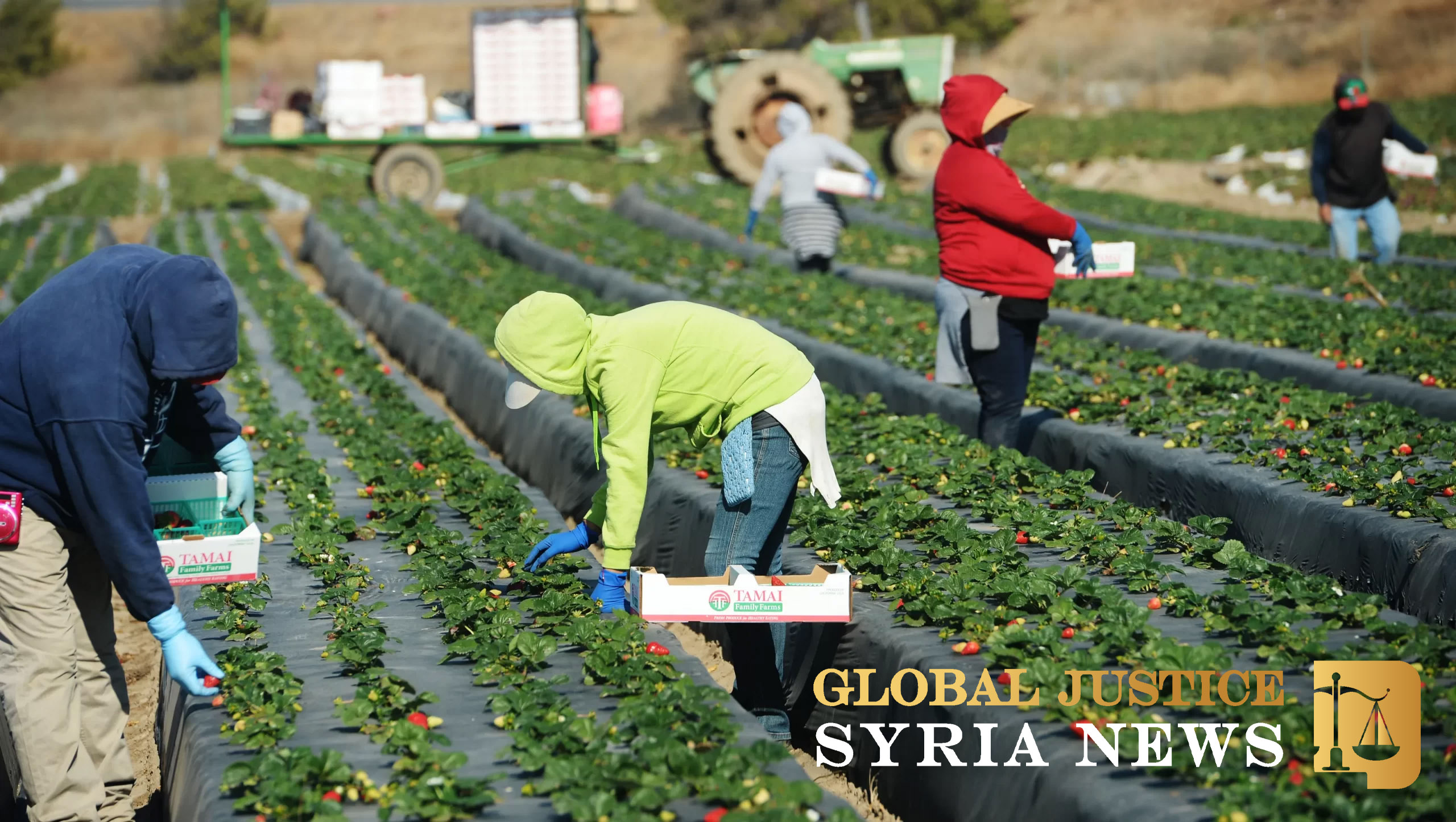Farmers across the United States, particularly in California, are expressing deep concern over President-elect Donald Trump’s proposed mass deportation policies, which could devastate the agricultural sector. California’s Central Valley, a region responsible for growing half of the entire country’s fruits and vegetables, relies heavily on an undocumented workforce, with estimates suggesting that up to 75% of farmworkers lack legal status.
Farmers, many of whom supported Trump’s reelection, now face a potential labor crisis. Without sufficient workers to harvest crops, food may rot in the fields, leading to increased grocery prices and economic repercussions. “A country can’t be strong if it doesn’t have a reliable food supply,” said Fresno County farmer Joe Del Bosque, emphasizing the need for a stable workforce.
Some agricultural leaders are advocating for policy solutions, including expanding the H-2A guest worker program, which allows farms to hire seasonal foreign workers. Others argue for granting work permits to undocumented farmworkers already in the U.S., enabling them to continue contributing to the industry without fear of deportation.
Farmworker advocacy groups, however, warn against potential abuses tied to an over reliance on guest worker programs, citing concerns over wages, housing conditions, and worker exploitation. Many workers, like Sara, a farmworker in Riverside County, fear both deportation and the expansion of programs that fail to protect their rights. “Why not give work permits to the people who are already here?” she asked.
As the Trump administration outlines its immigration policies, the agricultural sector braces for potential disruptions that could reshape the industry and leave farms struggling to sustain operations.
















